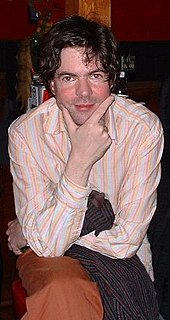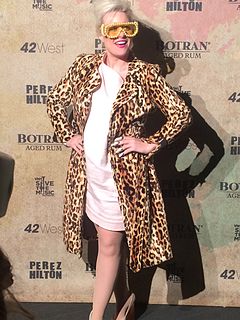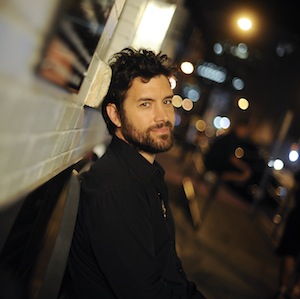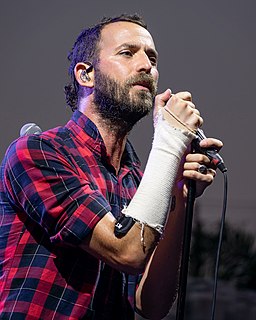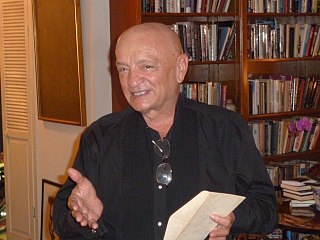A Quote by Granger Smith
Songs are like my children, from the concept phase, to writing, to recording, then editing and all of the work that went into it and the millions of listens. Then you move away from it and you never see it again.
Related Quotes
Ever since 'Strange Heaven,' I haven't really reread my old work. Not so much because I don't like the writer I was, or because I find flaws in the writing, but more because I get so burnt out on a novel once I've finished writing, revising, editing and copy editing it that I genuinely never want to look at it again after it's gone to press.
Flexible working is not just for women with children. It is necessary at the other end of the scale. If people can move into part-time work, instead of retirement, then that will be a huge help. If people can fit their work around caring responsibilities for the elderly, the disabled, then again that's very positive.
When you write a show, you just never know if it will have a future or if the show will end up ever having a production, but, that doesn't mean that the songs - the best of the best songs - can't be pulled out and put on a CD. And, if the shows that they come from end up happening, then people will regard this as like a quirky little concept recording. And, if the shows don't end up happening, at least the songs will live on in some capacity.
If you're recording the song on your four-track in your kitchen, when you finished writing the song, you're recording, and it's cool, and honor that. And maybe that's the version that should be released. And if you're recording the song again, it shouldn't be because there's a version you love that you're chasing. It should be because "You know what? I made a recording, but I don't love it emotionally." So, okay, then record again. And be in it and take advantage of the buzz and energy of "I'm getting to record right now!" It's such a beautiful and cool privilege.
Usually I will hear a sample, think of a theme and then it will take me a couple of days to write down some lyrics. Then I will decide that I hate those lyrics and rewrite. Then I will change all the music around. Then I will rewrite all the lyrics again. I am a bit of a perfectionist although you would never know it because all my songs are like chopped up and @#$%& up, but you see that's on purpose.
All three parts of filmmaking [writing, shooting, editing] contribute to rhytm. You want the script to be a tight as possible, you want the acting to be as efficient as possible on the set, and you have enough coverage to manipulate the rhythm in the editing room, and then in the editing room you want to find the quickest possible version, even if it's a leisurely paced film. I definitely in filmmaking more and more find writing and directing a means to harvest material for editing. It's all about editing.
The British model, which I've always thought was great, is that you do a TV show and then they sell it. Then you can buy it at the video stores forever, so it never went away. But American TV used to be if you had a show and it got cancelled, then it never existed. It was just this thing you heard about and you couldn't see it again. There is something so great about shows getting released and people getting to watch them over and over again. It definitely takes the sting out of it.
You must stop editing--or you'll never finish anything. Begin with a time-management decision that indicates when the editing is to be finished: the deadline from which you construct your revisionary agenda. Ask yourself, 'How much editing time is this project worth?' Then allow yourself that time. If it's a 1,000-word newspaper article, it's worth editing for an hour or two. Allow yourself no more. Do all the editing you want, but decide that the article will go out at the end of the allotted time, in the form it then possesses.









